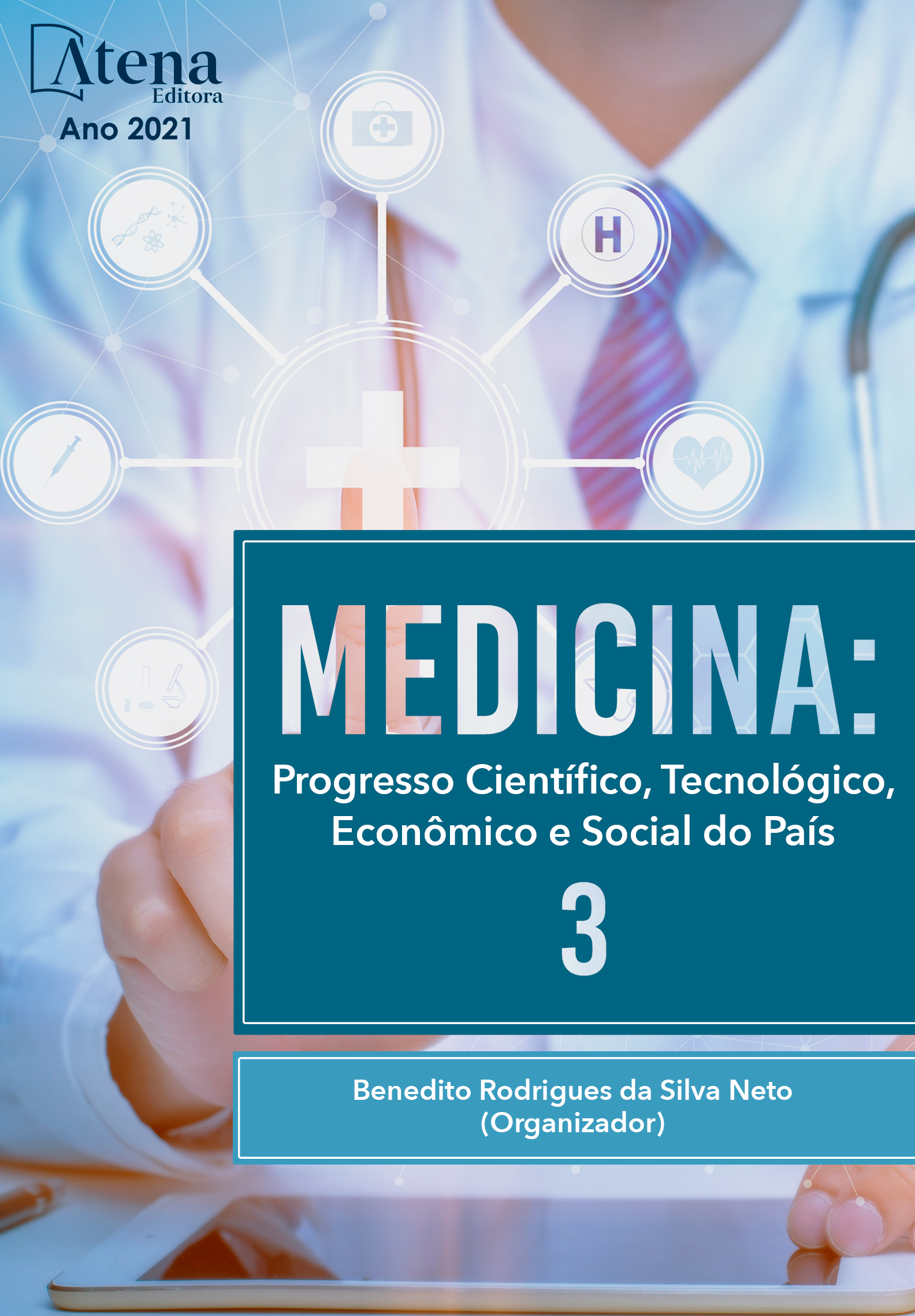
Amamentação materna exclusiva por 6 meses, os benefícios econômicos do aleitamento materno
Introdução: A inserção da mulher no mercado de trabalho, mudou a rotina e afetou o contato familiar. Antigamente, apesar das mulheres permanecerem mais em casa, existiam muitos mitos relacionados a amamentação materna, então a prática não era exercida por todas as mulheres. Com o passar do tempo houve uma evolução do conhecimento acerca dos benefícios do aleitamento materno exclusivo e apesar da migração para o trabalho formal, as mulheres conquistaram direitos como a licença maternidade e horário para amamentação. Mas, o fato é que existem muitas mulheres que trabalham de modo informal e não possuem esse direito, com isso, introduzem precocemente o uso de fórmulas alimentares e não praticam o aleitamento materno exclusivo por seis meses. Metodologia: Trata-se de um estudo transversal, observacional e descritivo em busca de evidenciar os benefícios do aleitamento materno exclusivo para a sociedade. Resultados: Os trabalhos mostram que o aleitamento materno é capaz de reduzir a morbidade, melhorar o potencial de escolaridade para as crianças, sugerindo seu impacto na economia familiar e saúde pública além de estabelecerem uma possível relação entre as condições socioeconômicas das famílias, o grau de instrução das mães e a prática correta do aleitamento materno. Conclusão: Os dados sugerem a necessidade da implantação de políticas públicas de incentivo e conscientização acerca da prática do aleitamento materno exclusivo e seus benefícios econômicos, sociais e seu impacto no desenvolvimento saudável do bebê.
Amamentação materna exclusiva por 6 meses, os benefícios econômicos do aleitamento materno
-
DOI: 10.22533/at.ed.6092111063
-
Palavras-chave: Aleitamento materno, benefício AME
-
Keywords: breastfeeding, women in the formal market, women in the informal market, EBF benefits, maternity leave
-
Abstract:
Introduction: The insertion of women in the job market changed the routine and affected family contact. In the past, despite women staying more at home, there were many myths related to breastfeeding, so the practice was not exercised by all women. As time passed, there was an evolution of knowledge about the benefits of exclusive breastfeeding and despite the migration to formal work, women gained rights such as maternity leave and breastfeeding time. However, the fact is that there are many women who work informally and do not have this right, with this, they introduce the use of food formulas early and do not practice exclusive breastfeeding for six months. Methodology: this is a cross-sectional, observational and descriptive study seeking to highlight the benefits of exclusive breastfeeding for society. Results: The studies show that breastfeeding is capable of reducing morbidity, improving the educational potential for children, suggesting its impact on the family economy and public health and establishing a possible relationship between the socioeconomic conditions of families, the level of education mothers and the correct practice of breastfeeding. Conclusion: The data suggest the need to implement public policies to encourage and raise awareness about the practice of exclusive breastfeeding and its economic, social benefits and its impact on the healthy development of the baby.
-
Número de páginas: 19
- Matheus Fonseca Aarestrup
- Edir Paula Cordeiro Cheloni


